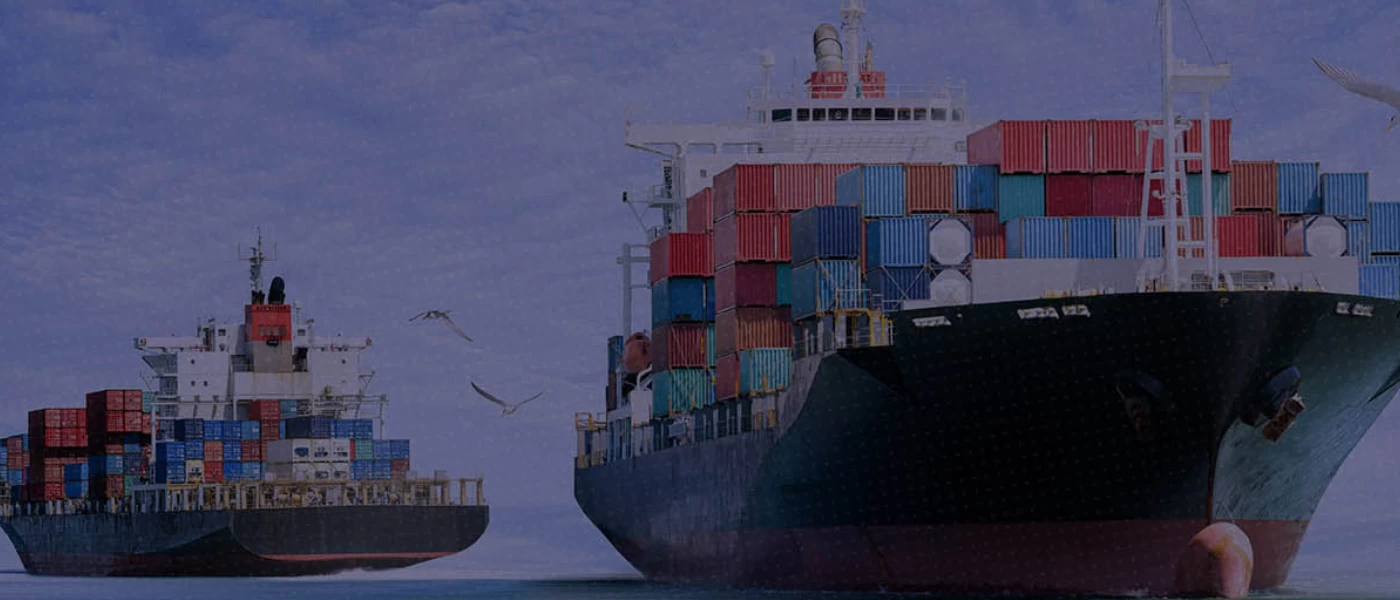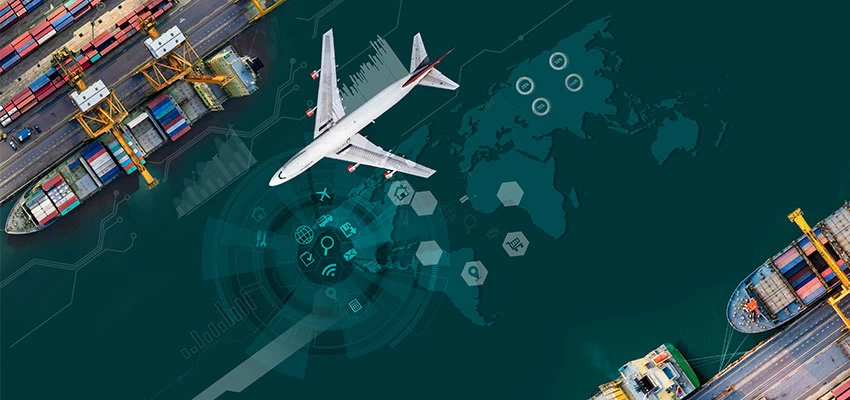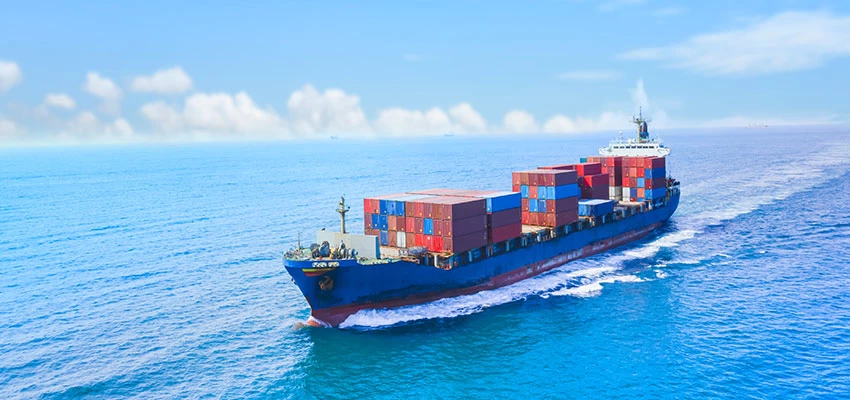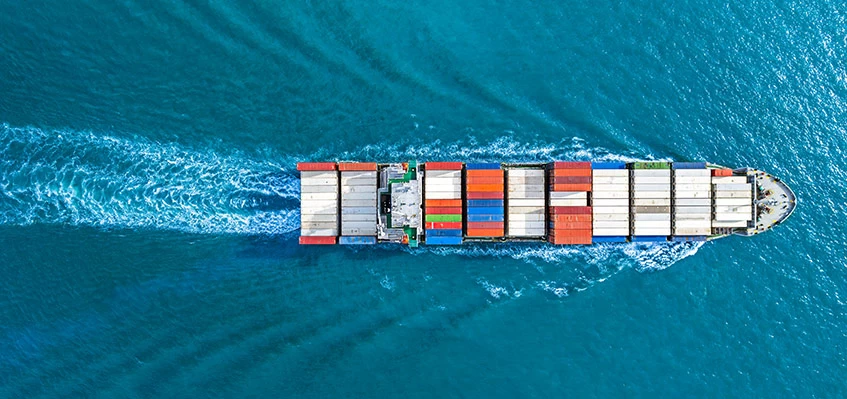Recently, the European (EU) Commission imposed definitive anti-dumping duty on imports of fatty acid originating from Indonesia[1].
In this investigation, the Commission particularly held that the prices of key raw materials of the product under investigation were subject to distortions and significantly lower as compared to prices in the representative international market.
In this Article, we will try to decode how the EU Anti-dumping Regulation deals with cases where the raw material prices are distorted and how the Commission in the present case implemented the said Regulations.
At the outset, it is very interesting to note that in the present case the Commission in a bold move, went ahead with issuing the finding and recommending the duty despite the fact that the applicant had withdrawn its complaint, and one of the largest producers in the Union had opposed the imposition of the measures. The Commission was of the opinion that if a complaint is withdrawn by the Union industry, the Commission is not under an obligation to terminate the proceeding, but merely has the option to do so. Therefore, the Commission decided to continue the investigation despite the withdrawal of the complaint.
Distortion in raw material prices
In the present case, the complainant has alleged that the main raw material of Fatty Acid i.e. Crude Palm Oil (‘CPO’) and Crude Palm Kernel Oil (‘CPKO’), which account for more than 70% of the cost of production of the product concerned, were subject to an export tax, an export levy and a maximum domestic price setting in Indonesia.
EU Regulation 2016/1036 of 08-06-2016 as amended[2] (‘the Basic Anti-dumping Regulation’) relating to anti-dumping investigations has specific provision to address a situation where the raw material prices are distorted.
It is pertinent to that the EU, like India, follows a lesser duty rule in anti-dumping investigations as desirable by the WTO’s Anti-Dumping Agreement. As per this rule, the amount of anti-dumping duty on imports should either be the margin of dumping or margin of injury, whichever is lesser. However, the Basic Anti-dumping Regulation has created an exception to the lesser duty rule.
Point 2a of Article 7 of the Basic Anti-dumping Regulation provides that:
When examining whether a duty lower than the margin of dumping would be sufficient to remove injury, the Commission shall take into account whether there are distortions on raw materials with regard to the product concerned.
For the purposes of this paragraph, distortions on raw materials consist of the following measures: dual pricing schemes, export taxes, export surtax, export quota, export prohibition, fiscal tax on exports, licensing requirements, minimum export price, value added tax (VAT) refund reduction or withdrawal, restriction on customs clearance point for exporters, qualified exporters list, domestic market obligation, captive mining if the price of a raw material is significantly lower as compared to prices in the representative international markets.
…
For the purpose of this Regulation, a single raw material, whether unprocessed or processed, including energy, for which a distortion is found, must account for not less than 17 % of the cost of production of the product concerned. For the purpose of this calculation, an undistorted price of the raw material as established in representative international markets shall be used.
Therefore, Basic Anti-dumping Regulation confers power on the Commission to suspend lesser duty in the interest of the Union only where the requirements of Article 7(2a) are met. In addition to the above condition, the Commission needs to also examine all pertinent information such as spare capacities in the exporting country, competition for raw materials and the effect on supply chains for Union companies. See Article 7(2b) of the Basic Anti-dumping Regulation.
In the present case, the Commission concluded that CPO and CPKO were subject to distortions and the prices were significantly lower as compared to prices in the representative international markets, within the meaning of Article 7(2a) of the Basic Anti-dumping Regulation in view of the following reasons:
- CPO represented more than 30% in the total manufacturing cost, while CPKO represented more than 40% of the manufacturing cost,
- The investigation revealed that both CPO and CPKO were subject to an export tax and levy. The export tax and levy consist of a progressive tariff schedule on CPO and CPKO and the exporting producer are benefiting from such tax and levy.
- The Commission compared the domestic price of CPO and CPKO to various international benchmark such as FOB Indonesian export prices from Global Trade Atlas, Malaysian domestic prices, FOB Malaysian export prices from GTA, CIF Rotterdam spot prices etc. Such comparison revealed that the domestic Indonesian prices for CPO and CPKO are much lower than international benchmark prices.
The Commission also examined the Union interest under Article 7(2b) of the Basic Anti-dumping Regulation. The Commission inter alia observed that the Indonesian producers have significant spare capacity which has the potential to undermine the effectiveness of the measures. Therefore, the Commission concluded that a duty lower than the margin of dumping would not be sufficient to remove injury to the EU industry and imposed measures at the level of the dumping margin in respect of Indonesia.
In the present investigation, it was peculiar that despite raw material distortion, the Commission did not adjust the cost of raw material to determine the normal value. In past cases involving raw material distortions[3], the cost of raw material was replaced with appropriate benchmark by the Commission to calculate the normal value.
The Commission is also parallelly undertaking an anti-subsidy investigation for the same product from Indonesia. The exporting producers have already raised their apprehension that applying anti-subsidy duties to counter alleged subsidies on the same raw materials namely CPO and CPKO would result in double remedies being applied for the same set of policies. It will be interesting to see how the Commission will address such issues in the anti-subsidy investigation.
[The author is a Principal Associate in WTO and International Trade Division in Lakshmikumaran & Sridharan Attorneys, New Delhi]
- [1] Commission Implementing Regulation (EU) 2023/111 of 18 January 2023 imposing a definitive anti-dumping duty on imports of fatty acid originating in Indonesia.
- [2] Regulation (EU) 2016/1036 of the European Parliament and of the Council of 8 June 2016 on protection against dumped imports from countries not members of the European Union (codification)
- [3] Commission Implementing Regulation (EU) 2019/1688 of 8 October 2019 imposing a definitive anti-dumping duty and definitively collecting the provisional duty imposed on imports of mixtures of urea and ammonium nitrate originating in Russia, Trinidad and Tobago and the United States of America (OJ L 258, 9.10.2019, p. 21).












